Town Hall Recap: What On Earth is a Metaverse?
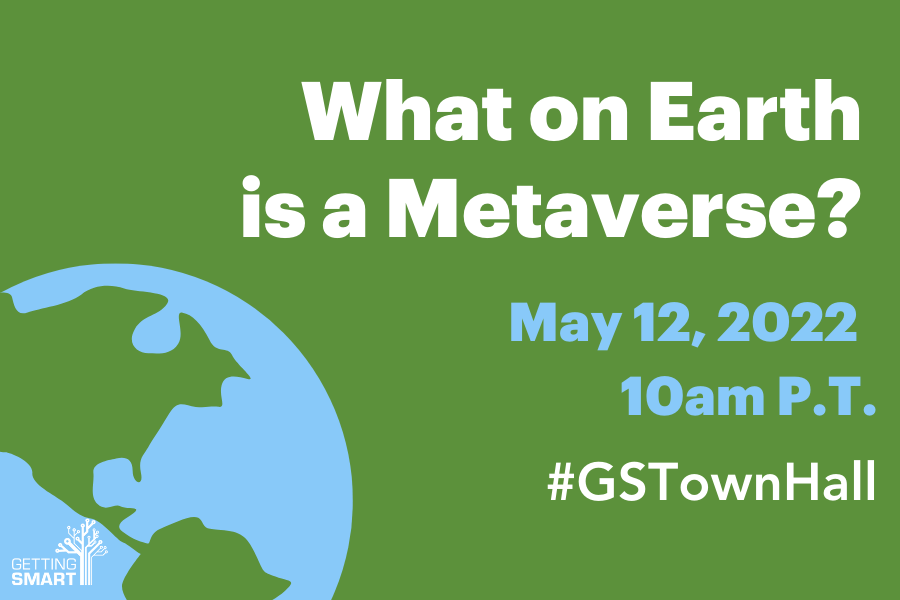
On this Getting Smart Town Hall, we discussed the metaverse and provided an intro to web3, blockchain and the current state of VR in schools. This was a LIVELY discussion, with a chat that ran a million miles a minute. Throughout, our attendees reminded us of some of the most important things to remember by dropping links and creating an awesome pros/cons list.
Education needs to come out of its 100+ year old model of lecture/preach for 45-60 mins, then send kids home with homework. There needs to be a Think Tank to re-imagine how we can use technology to teach higher level thinking skills. Let kids utilize their creativity and encourage out-of-box thinking to help them problem-solve.
Our learners have to be a part of our discussion on how this unfolds.
Pros for the Metaverse
- The Metaverse should open up the ability to host multi-dimensional simulations that are educational (i.e. walk through the human body, virtual simulation for forensic science, etc). Educationally enriching but equity issue. “Things could be brought to the classroom that were not brought there before.”
- Access to virtual worlds that might not ever be physically accessible for many reasons
- We are looking at the students that haven’t returned to school since covid started (23% in our region) to provide a bridge for those kiddos.
- Students can design/express/share alternatives of themselves sand their environments in with more degrees of freedom than in “real” world in a spirit of purposeful play. Creation, in addition to consumption, is possible. We have the ability to have every student create and join, we need educators to be in every space.
- Prototyping is a positive, but we need to guide them, provide a framework.
Cons for the Metaverse
- Generational equity issues – grandparents raising grandchildren, great aunts raising younger generations struggled with Chromebooks and online learning. How in the world will they cope with the metaverse?
- Will this be further detrimental if used for 0-3 or Prek learning. So much research about dangers of massive exposure to tech at those ages.
- In some virtual worlds your profile is diminished based on your plan and the device you are using, so makes people just trying them out feel like they are less than others.
- People can be deceptive about their identity which can be harmful.
- Perhaps decentralized identity may provide an opportunity to present a more authentic self.
- I am curious about the word “freedom” and assumptions that might be made about the context that is created; Who creates the world that people then enter into? What power structures are in place as new participants join? Also…identity control can also result in anonymity to behave badly with limited consequences.
- The metaverse will belong to the rich…think elysium but virtually lower tier tech, add-ons and virtual assets will be reflective of the funds that back/access them
- Privacy Issues. We already have privacy concerns whenever we surf the web. Tracking your move online may become more invasive in a metaverse environment.
- Finding balance between working in the meta and not working in the meta. How will engagement be impacted? Better in the meta, worse in the real classroom? How will teachers know how to find balance. Not sure.
- Laws probably aren’t caught up to handle “virtual harassment” in the metaverse. Protection issues.
- Traditional social media encourages performance, unnatural. The metaverse could do the same thing.
- With machine generated content, will those virtual worlds actually be real? Chiming in with Mark Lang – encouraging fakeness on many dimensions
- Our tech always outpaces our teachers. a majority of adults have no clue about current tech irrespective of generation. think when radio hit how the telegraph people would have responded
- Our schools are not structured to deal with this technology.
- Could lose appreciation for the natural world because students feel what they create is better
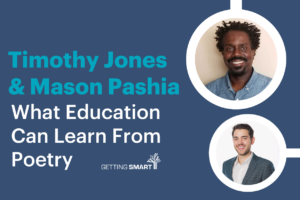
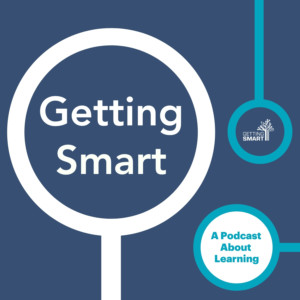

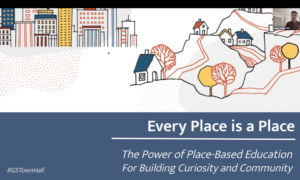

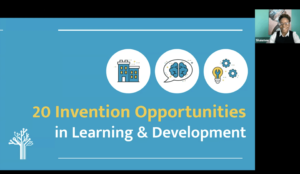
0 Comments
Leave a Comment
Your email address will not be published. All fields are required.